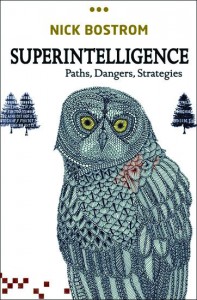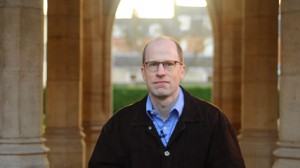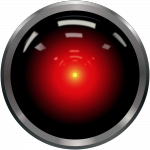
The year is 2114. A team of scientists stand huddled in some dimly-lit lab. Only the clacking of a few final keystrokes punctuates the hum of a supercomputer. At last, the program comes on line. The researchers erupt in applause. Decades of study have led to this: the first artificial intelligence. As the celebration quiets, the group gazes at its achievement – the greatest intellect in the known universe. What next?
In his new book Superintelligence, philosopher Nick Bostrom searches for this answer. His task is ambitious; no one knows what the first “superintelligent” computers will look like, nor when they will arrive. Unfortunately, the topic may be too ambitious to use as the basis for a cogent book.

Bostrom predicts how we might achieve superintelligence – whether by emulating human minds on better hardware, turbocharging our biological brains, or building entirely from scratch. He also predicts how superintelligence will behave. His prognosis is bleak. Bostrom sees superintelligence as a looming, existential threat, a tremendous power we are ill-equipped to handle. The bulk of his book is devoted to exploring how we might survive our inevitable encounter with it.
Of course, Bostrom can do little more than speculate on most of these matters. His endeavor is roughly equivalent to sitting down in 1850 to write an owner’s guide to the iPhone. This makes it hard to separate the fearsome from the fanciful. Bostrom raises valid concerns, but Superintelligence resembles little more than a collection of outlandish hypotheticals in artificial intelligence research.


Despite its flaws, however, Superintelligence will appeal strongly to certain techo-futurist Silicon Valley types. Bostrom is clearly writing for them: His book is dominated by technical fixes and an unwavering faith in technological progress. The focus on concrete strategies stifles the book’s potential to deliver a coherent philosophical take on the question of what comes after superintelligence. Then again, this does not seem to be Bostrom’s intention. He has written something more akin to a guidebook than a treatise. Only time will tell if it is prophetic or laughable. For now, it seems too replete with far-fetched speculation. Still, it contains some food for thought – half-baked, but food nonetheless.
